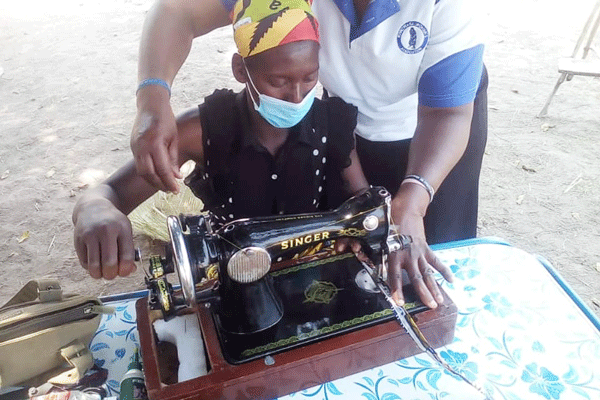
Local non-governmental organisation Kunzwana Women’s Association has come up with a cocktail of strategies aimed at empowering women, particularly those in marginalised communities.
By Lowen Mutambara
A large chunk of women live in rural areas where they have limited livelihood options or capacities, leaving them vulnerable.
Rural women also suffer from lack of access to healthcare services, and the overall denial of their sexual, reproductive and maternal health rights.
It is against this background that Kunzwana Women’s Association has come up with a number of initiatives aimed at empowering women while at the same time promoting their participation and that of youths in economic activities.
Tamary Mandivava, the association’s executive director, told Standard Style that her organisation was creating platforms focused on advancing women.
“Women are in the majority, especially in rural areas yet are excluded in economic activities. They are found in subsistence, informal and micro-economic activities, resulting in meagre yields and perpetuating the poverty cycle,” said Mandivava.
Kunzwana Women’s Association was founded in 1995 and it’s headquartered in Harare’s Hillside area.
- Chamisa under fire over US$120K donation
- Mavhunga puts DeMbare into Chibuku quarterfinals
- Pension funds bet on Cabora Bassa oilfields
- Councils defy govt fire tender directive
Keep Reading
The association has helped thousands of women through income-generating projects and capacity-building programmes.
Income-generating projects include basketry, tailoring, gardening and poultry, among a host of other sustainable projects.
“Our vision is to equip women, children and youths residing in farming areas, adjacent resettlement areas and nearby villages with practical survival skills for improved standards of living so that they enjoy equal status and benefit from developmental processes with full control of their rights,” said Mandivava. She said her association at times would take finished products and sell them on the behalf of the women.
However, Mandivava bemoaned the advent of the Covid-19 pandemic, saying it had derailed some of the programmes.
“Most of our programmes were disrupted by Covid-19. Due to the pandemic, there was no distribution of contraceptives, and access to HIV medication by people living with HIV was problematic,” she said.
“Despite the pandemic, Kunzwana convened two workshops in leadership and decision-making meant to ensure women and youths issues were prioritised in the wake of the pandemic.”











